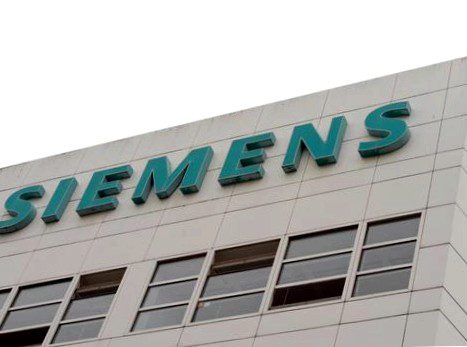
Loscher wanted to resign his office with a daily schedule. He is leaving the executive board "by mutual agreement," siemens explained. Kaeser now has one goal above all: after the stormy events of the past few days, he wants to smooth the waters at siemens again.
Kaeser now has to get to grips with the many problems at siemens very quickly. After his appointment as the new CEO, he said: "our company is certainly not in a crisis, nor is it in need of restructuring. But lately we've been too preoccupied with ourselves and lost some of the momentum we had against the competition."His declared goal now is to lead siemens back into calm waters "and to form a high-performance team".

